Brief introdction to Polyaspartic acid (PASP) CAS 25608-40-6
Polyaspartic acid (PASP) belongs to a class of polyamino acids. Polyaspartic acid is easily broken by the action of microorganisms, fungi, etc. due to the peptide bonds on the main chain of its structure. The final degradation products are ammonia, carbon dioxide and water which are harmless to the environment. therefore,
Polyaspartic acid has a wide range of uses. It can be used in water treatment, medicine, agriculture, daily chemical and other fields. As a water treatment agent, its main function is scale inhibition and/or dispersion, as well as corrosion inhibition. As a scale inhibitor, it is particularly suitable for inhibiting the formation of calcium carbonate scale, calcium sulfate scale, barium sulfate scale and calcium phosphate scale in cooling water, boiler water and reverse osmosis treatment. The scale inhibition rate of calcium carbonate can reach 100%. Polyaspartic acid also has a dispersing effect and can effectively prevent corrosion of metal equipment. Polyaspartic acid has a synergistic effect with organophosphorus corrosion and scale inhibitors, often with vinyl polymer dispersants (such as polyacrylic acid, hydrolyzed polymaleic anhydride, acrylic acid-ethyl acrylate-itaconic acid copolymer, etc.) , Phosphine compound corrosion and scale inhibitors (such as HEDP, ATMP, PBTCA, etc.) are compounded into efficient, multi-functional corrosion and scale inhibitors.
Specification of Polyaspartic acid (PASP) CAS 25608-40-6
Appearance White crystals for solid or Yellow clear liquid for 40% solution
Solid content 99.0%min. or 40.0% min
Application of Polyaspartic acid (PASP) CAS 25608-40-6
PASP is a water soluble polymer, has good scale inhibition on calcium carbonate, calcium sulfate, barium sulfate, calcium phosphate, etc.
Its scale inhibition rate for calcium carbonate is 100%. Moreover, PASP has dispersion and corrosion inhibition properties to metal equipment.
Packing of Polyaspartic acid (PASP) CAS 25608-40-6
250kgs plastic drum



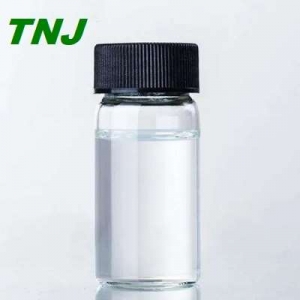
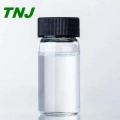
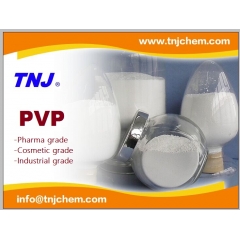
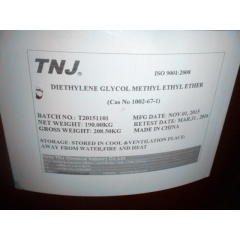
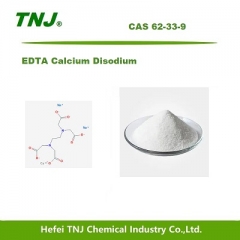
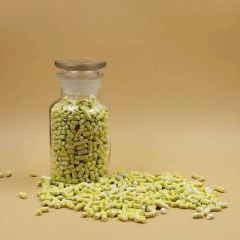
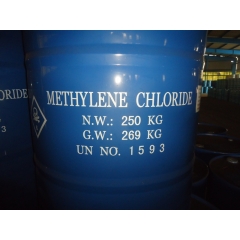
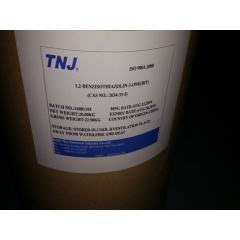
 chemical.tnj
chemical.tnj +8618949823763
+8618949823763 tnjchem
tnjchem 2881500864
2881500864